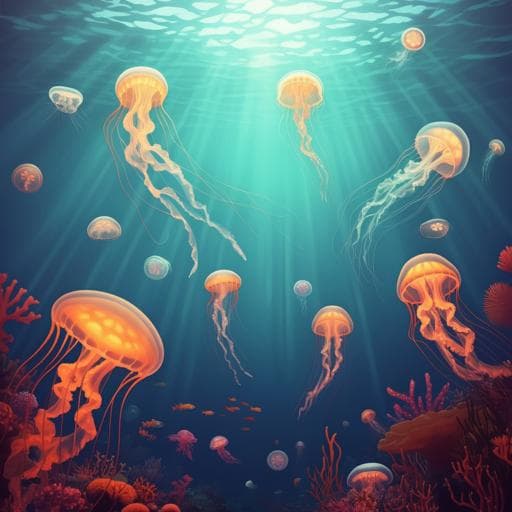
Environmental Studies and Forestry
Climate-driven zooplankton shifts cause large-scale declines in food quality for fish
R. F. Heneghan, J. D. Everett, et al.
This groundbreaking study by Ryan F. Heneghan, Jason D. Everett, Julia L. Blanchard, Patrick Sykes, and Anthony J. Richardson reveals how climate change is reshaping zooplankton communities and what this means for marine food webs. Discover how future oceans will favor certain zooplankton types and the consequences for fish species in tropical regions as we approach 2100.
~3 min • Beginner • English
Related Publications
Explore these studies to deepen your understanding of the subject.







